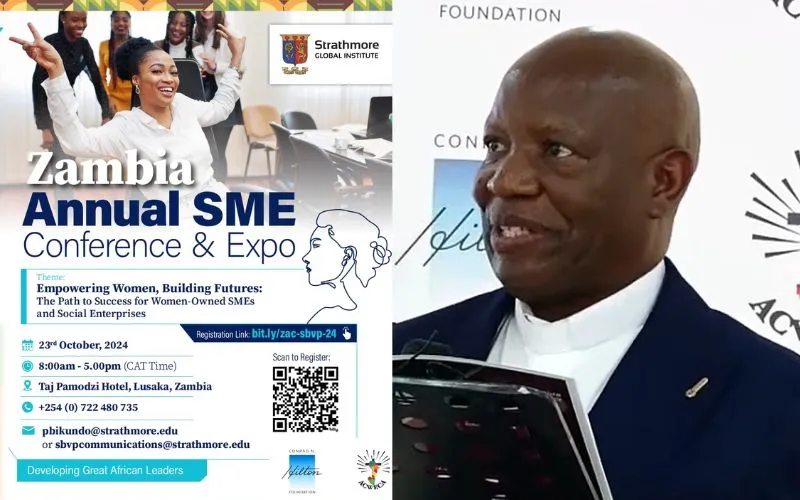Lusaka, 26 October, 2024 / 10:20 pm (ACI Africa).
To foster self-reliance and boost their evangelization efforts, Catholic Sisters in Africa have been urged not to shy away from exploring business ideas and venturing into social entrepreneurship.
In his keynote address on Tuesday, October 22 during the Sister’s Blended Value Project (SBVP) graduation ceremony in Zambia, Fr. Gabriel Mapulanga assured the catholic sisters that embracing social entrepreneurship is not a deviation from their mission.
The Executive Director of Caritas Zambia underlined the need for Catholic Sisters to engage in social entrepreneurship saying that the landscape of social development has changed as donor funding is dwindling.
“No assistance will come easily like that. You will write project proposals for donor funding, some of them will go through, but most of them will not,” the Zambian Priest said in his address on the topic “Social Entrepreneurship: Reimagining the Role of Catholic Sisters in Social Development.”
He added during the event that was held at Kalundu Conference Centre, Zambia, “This time, we need to rethink, we need to change, and we need to look at something else. What is that something else we should look at? Of course, the answer is we should embrace social entrepreneurship.”








